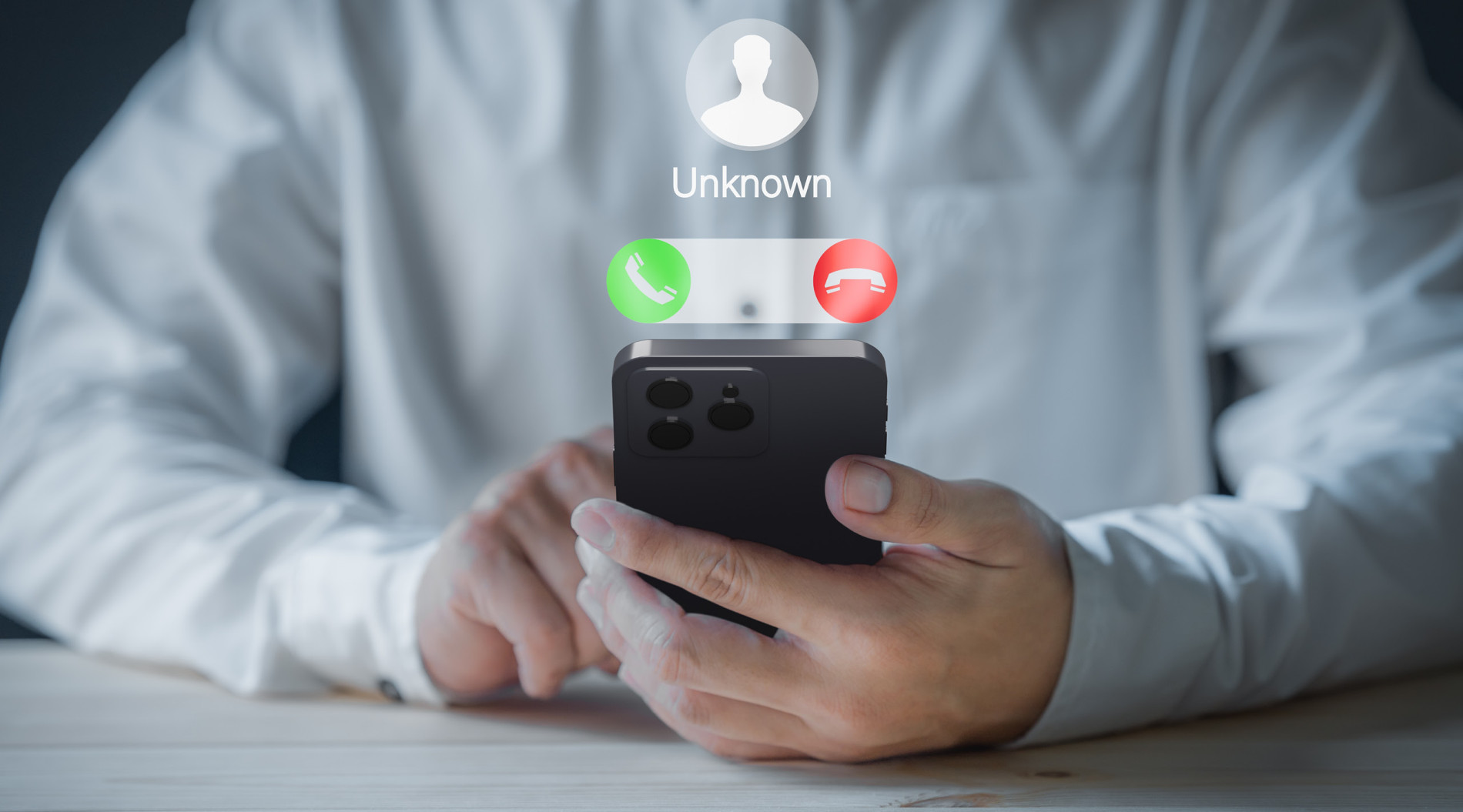
Track Your Well-being Activities
To effectively manage your well-being, start by closely monitoring how you spend your time at work and home. Keep a journal or record of your daily activities to assess their alignment with your values, goals, and health. Reflect on whether your tasks and leisure activities contribute positively to your well-being. Avoid habits like late-night email checking, which disrupts sleep and leads to exhaustion. By identifying these patterns, you can make proactive changes to prioritise activities that support your health and prevent burnout overall. This approach improves productivity and enhances your overall quality of life by ensuring that you spend time wisely.
Set Realistic Goals and Rewards:
Breaking down your work tasks into smaller, manageable steps is key to maintaining productivity and staying motivated. For example, instead of aiming to complete a large project in one go, try dividing the project into smaller tasks and milestones. Set realistic daily, weekly, or monthly goals based on these smaller tasks, and celebrate each achievement as you go. This could mean a coffee break after finishing a challenging report section or a longer lunch break on Fridays after meeting your weekly targets. By consistently accomplishing these smaller goals and rewarding yourself, you build positive reinforcement and sustain productivity throughout the year.
Establish Clear Work Boundaries
Establishing clear boundaries between work and personal time is crucial for effective time management and reducing stress. Start by defining these boundaries with your colleagues and managers, outlining when you are available for work-related matters and when you need to focus on personal activities. This clarity helps prioritise tasks and allocate time efficiently, promoting a healthier work-life balance. By setting and maintaining these boundaries, you can enhance productivity and overall well-being, ensuring that both professional responsibilities and personal needs are met effectively.
Employers should understand the strong benefits of supporting their employees’ mental health. Check out this article showing how businesses that prioritise their employees mental health enjoy a boost in productivity, reduced costs, enhanced creativity and innovation, stronger work culture and morale, and see improved talent attraction and retention.
Communicate Effectively
Whether you are dealing with work-related stress, interpersonal conflicts, or workload issues, it is important to address any concerns or challenges you face in the workplace calmly and promptly with your manager or HR (Human Resources) department.
Effective communication is key to finding constructive solutions and relieving unnecessary pressure. For example, if you are feeling overwhelmed by a project deadline, schedule a meeting with your manager to discuss your workload and explore potential solutions. By addressing issues proactively and seeking advice or support when needed, you contribute to a healthier work environment where concerns are acknowledged and addressed promptly. This approach helps resolve immediate challenges and fosters a culture of open communication and mutual support within the team or organisation.
Integrate Wellness Activities
Incorporate regular wellness activities into your weekly schedule to enhance your physical and mental resilience. For instance, you could set aside time for walking, yoga, stretching exercises, or short meditation sessions. These activities effectively relieve stress and promote mindfulness, helping you to stay present and focused throughout the day.
Imagine starting your morning with a brief yoga session, taking short breaks during the day for stretching exercises or walking on your lunch break. These practices can help alleviate physical tension and mental fatigue, improving your overall well-being. By creating a supportive environment for physical activity and relaxation at work your ability to cope with daily challenges and maintain a balanced perspective will improve.
Prioritise Hobbies and Personal Time
Carve out time for hobbies and activities that bring you joy and relaxation outside your work hours. Engaging in hobbies can relieve stress, spark creativity, and strengthen relationships with colleagues and yourself.
Imagine dedicating your weekends and after-work hours to activities: cooking, painting, gardening, engaging in sport or exercise, or playing a musical instrument. These pursuits provide an outlet for self-expression and allow you to recharge mentally and emotionally. By immersing yourself in activities you love, you cultivate a sense of fulfilment and balance beyond the workplace.
For example, participating in a book club or hiking group can introduce you to new perspectives and strengthen your social connections.
Finding a balance between work and personal interests is essential for overall well-being. It allows you to approach challenges at work with renewed energy and creativity, fostering a positive work environment and enhancing your overall quality of life.
Invest in Relationships
Taking care of your mental and physical health through social connections is essential for sustained productivity and happiness at work. When you feel supported and valued in your personal life, you bring a positive mindset and energy to your professional endeavours. Balancing work responsibilities with meaningful relationships and self-care creates harmonious and fulfilling work-life integration.
Imagine setting aside dedicated time for family dinners, outings with friends, or weekend gatherings. These moments provide opportunities to bond, share experiences, and receive support during challenging times. By nurturing these connections, you build a support network that contributes positively to your overall well-being.
For example, spending an afternoon playing games with your children or enjoying a meal with close friends can be rejuvenating. These social interactions offer emotional nourishment and help you recharge mentally and emotionally.
Taking care of your mental and physical health is essential for sustained productivity and happiness at work. By implementing these strategies, you can create a more balanced and fulfilling work-life harmony. Prioritising self-care, setting realistic goals, establishing clear boundaries, communicating effectively, integrating wellness activities, indulging in hobbies, and nurturing relationships all contribute to a healthier and more satisfying life inside and outside the workplace.
Where to next?
Is your role not fulfilling you or providing enough stimulation? Maybe your role is not giving you enough work-life balance, well that’s where we come in. Check out our currently advertised roles across various industries nationwide, and let’s get you into a better fit. Or reach out to our team around the country, they can work with you, your skillset and your experience to find your next job.
If you are ready to move on, check out our tips on AI powered CV writing. Is it time to update your LinkedIn profile, take a look at these tips to help get you noticed.
Together let’s make the future work for everyone.
Latest news and insights
Career AdviceHiring & RecruitingJob Search Tips
Adecco New Zealand Salary Guide 2025: Benchmark with Confidence in a Changing Market
As the world of work continues to evolve, staying informed about current salary trends is essential....
Read moreAdecco in the CommunityJob Search Tips
How to Spot and Avoid Recruitment Scams Targeting Job Seekers in New Zealand
Your safety matters. At Adecco New Zealand, we are committed to protecting job seekers from fraudule...
Read moreAdecco in the Community
What is Neurodiversity and Why Does it Matter for Employers?
Neurodiversity acknowledges the natural differences in how people think and process information. It ...
Read more




































